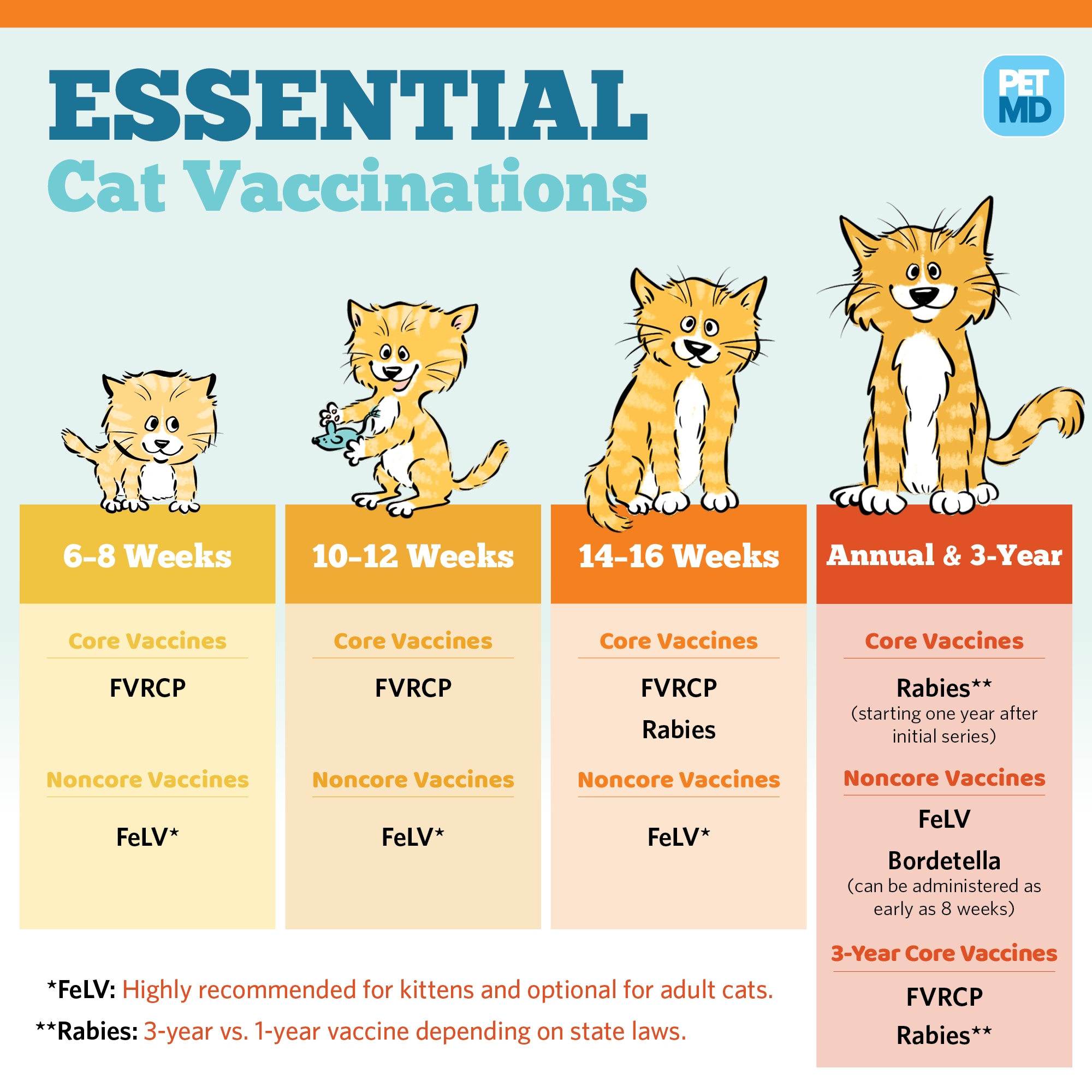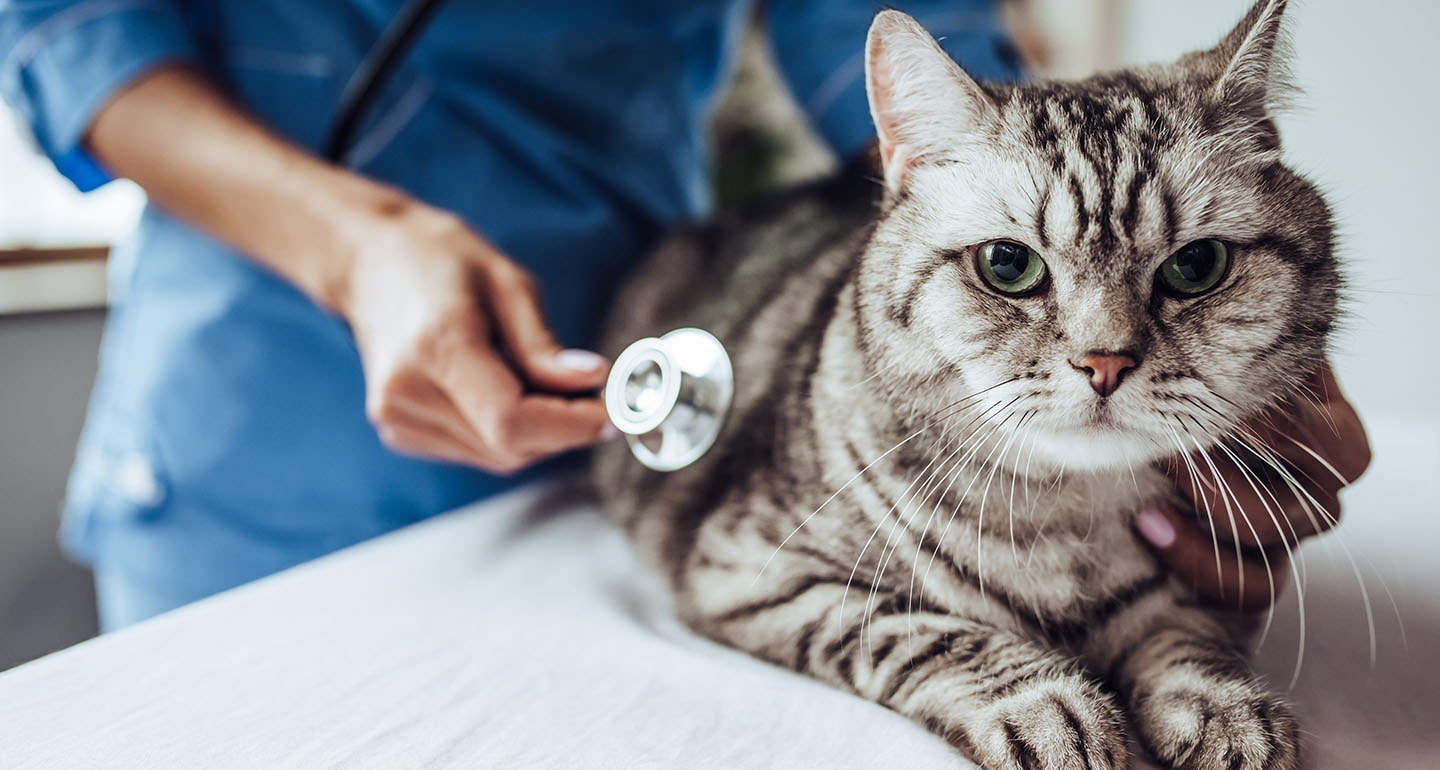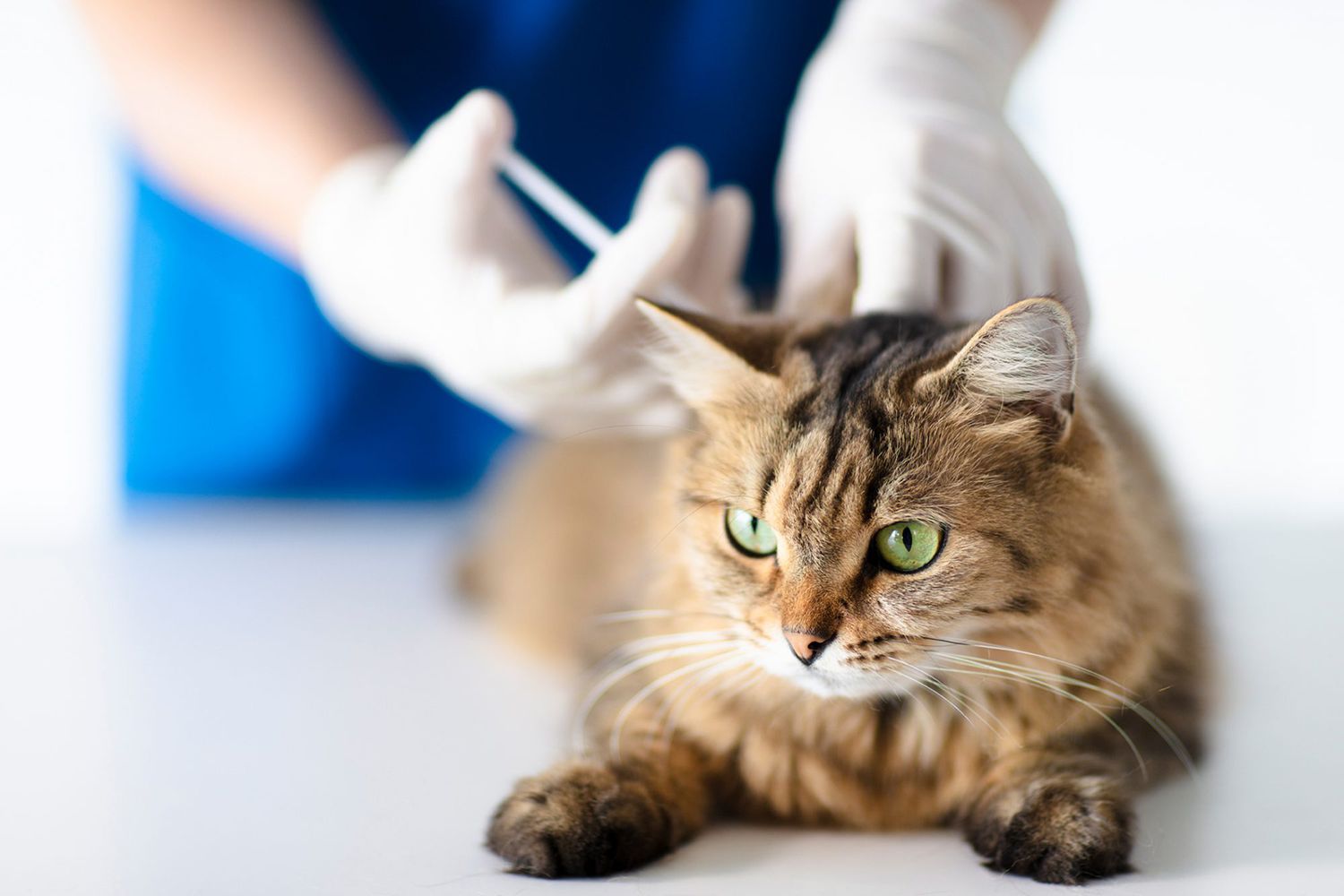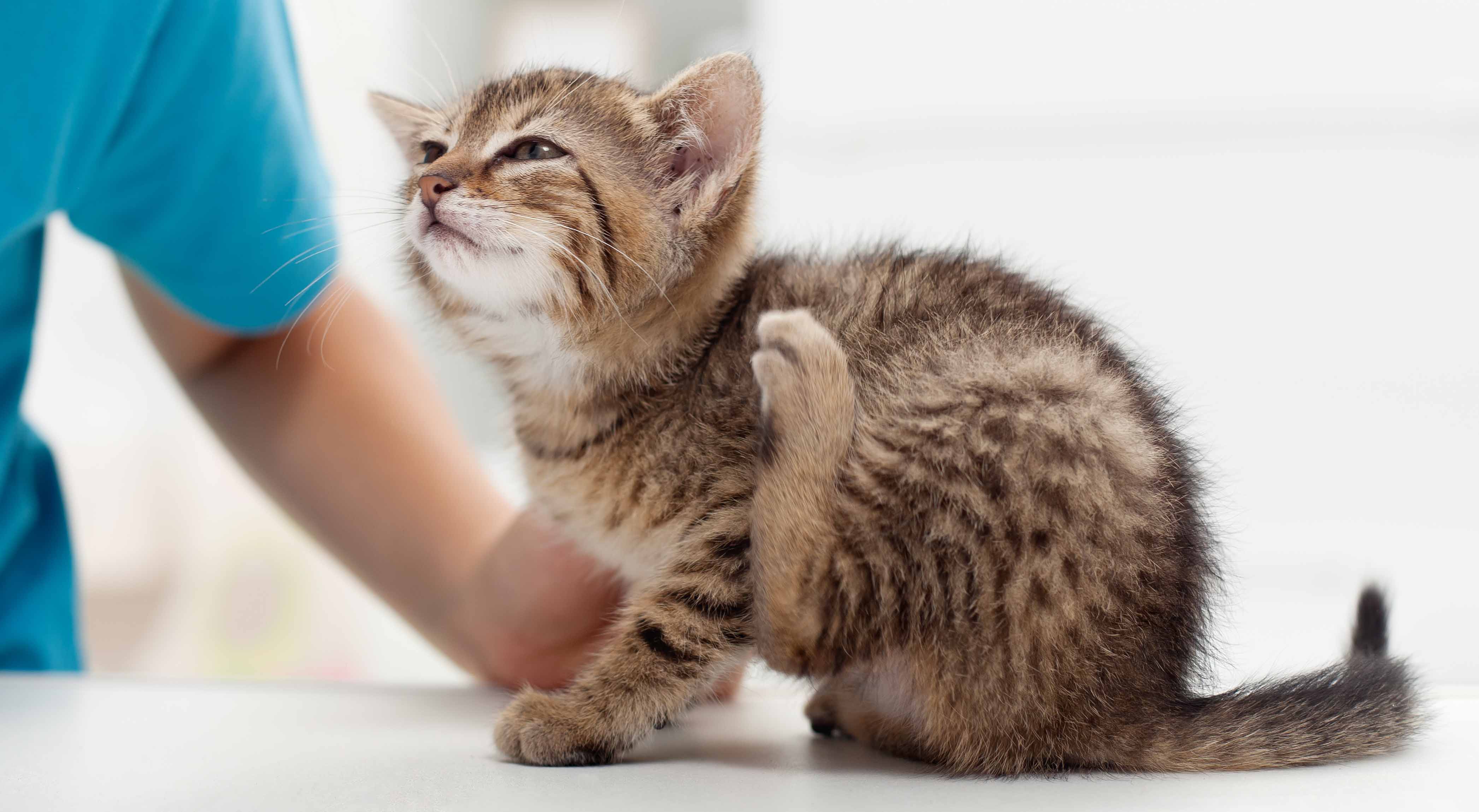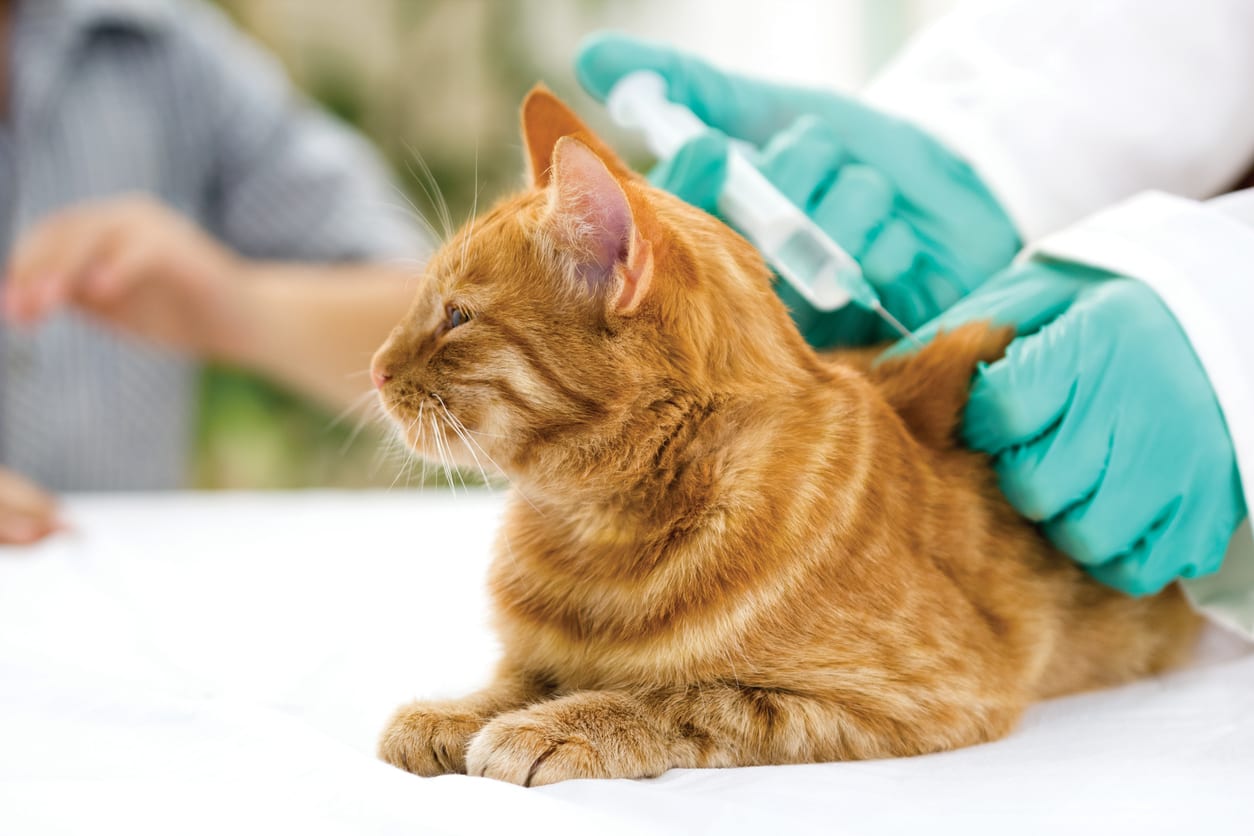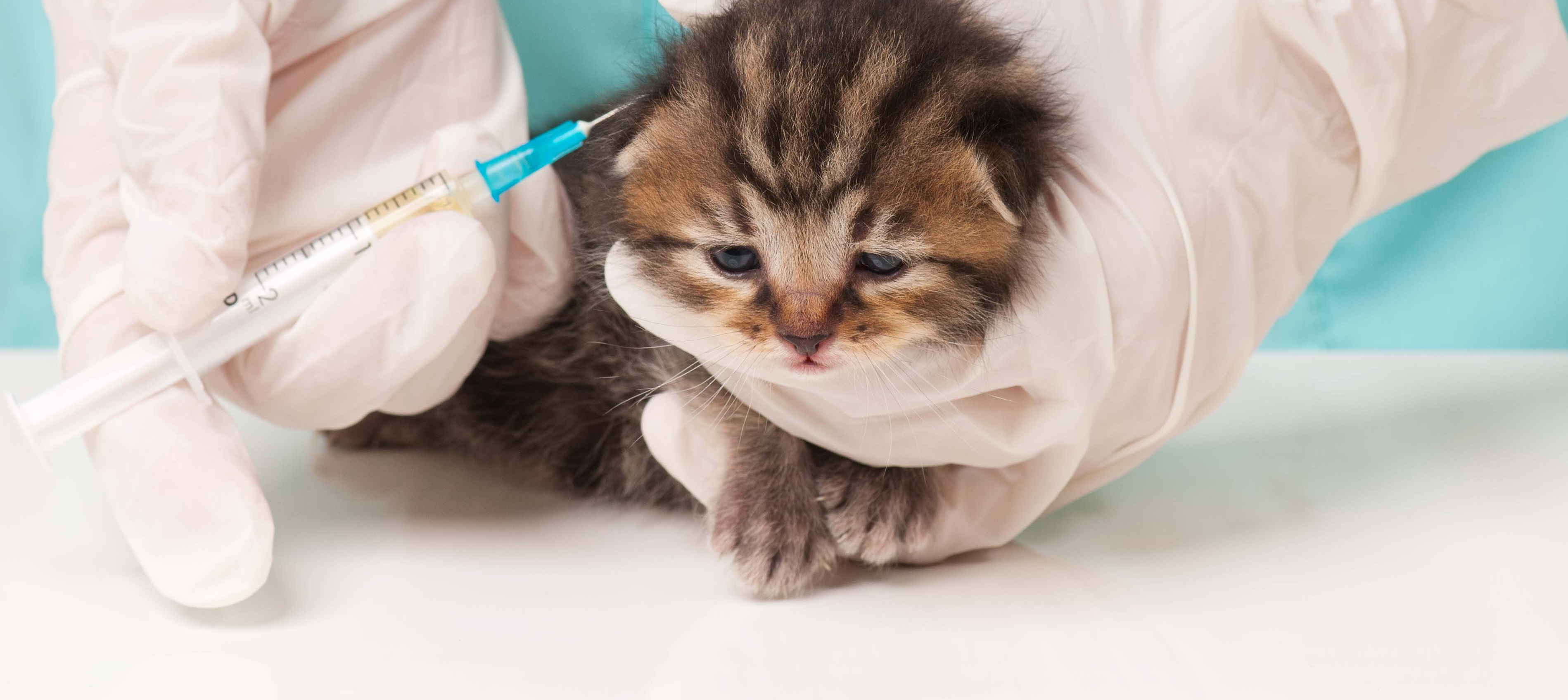Fvrcp Vaccine For Cats How Often
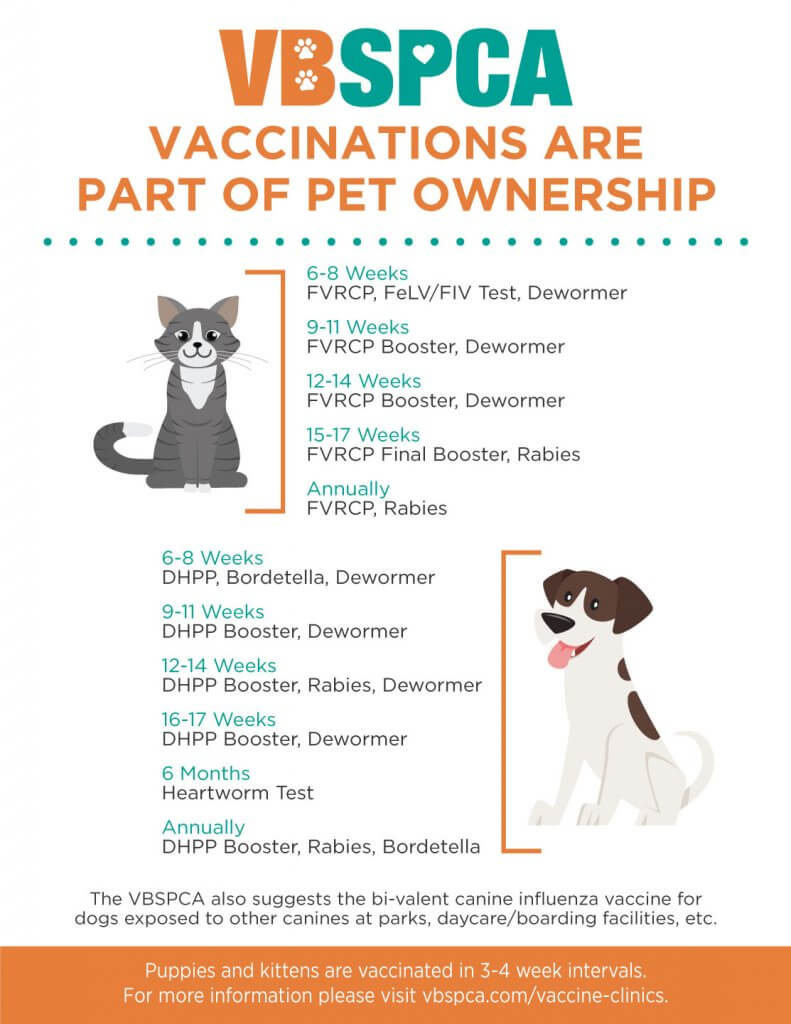
Its difficult for pet parents to understand their cats vaccination schedulefrom which ones they need to how often they need them.
Fvrcp vaccine for cats how often. The length of vaccination protection depends on the disease the type of vaccine used and your cats immune system. The initial vaccine is given. Kittens should start getting vaccinations when they are 6 to 8 weeks old until they are about 16 weeks old.
Now the standard of care in veterinary medicine has changed. Adult cats should receive a booster once every year or two according to your vets recommendation. It is then repeated every 3-4 weeks until your kitten is 16 weeks old.
Why Vaccinate Cats with FVRCP Vaccine. The initial vaccine can be given at 6 weeks of age. You can still take your cat for a health check every year without getting the vaccine.
Feline panleukopenia distemper feline viral rhinotracheitis feline calicivirus and rabies. All kittens should receive their first shots at age six to eight weeks because very young kittens are especially vulnerable to panleukopenia and calicivirus. Both of these species of wild animal could transmit rabies to your cat.
Currently the American Association of Feline Practitioners AAFP vaccination guidelines recommend that low-risk adult cats that received the full booster series of vaccines as kittens can be vaccinated every three years for the core vaccines feline viral rhinotracheitis feline calicivirus feline panleukopenia and rabies and then as determined by your veterinarian for any non-core vaccines such as feline. That is if your cat is at higher risk for exposure to a disease the more frequent vaccination schedule every year may be recommended. I therefore recommend that all cat owners diligently have their cats vaccinated with the so-called FVRCP at 6-8 weeks 10-12 weeks and 14-16 weeks.
Re-vaccinate all cats under 18-20 weeks every two weeks while in shelter. From the American Association of Feline Practitioners. Its important that if your cat has FeLV that you stay on top of their worming and flea treatments vaccinations and go for regular vet checks.
